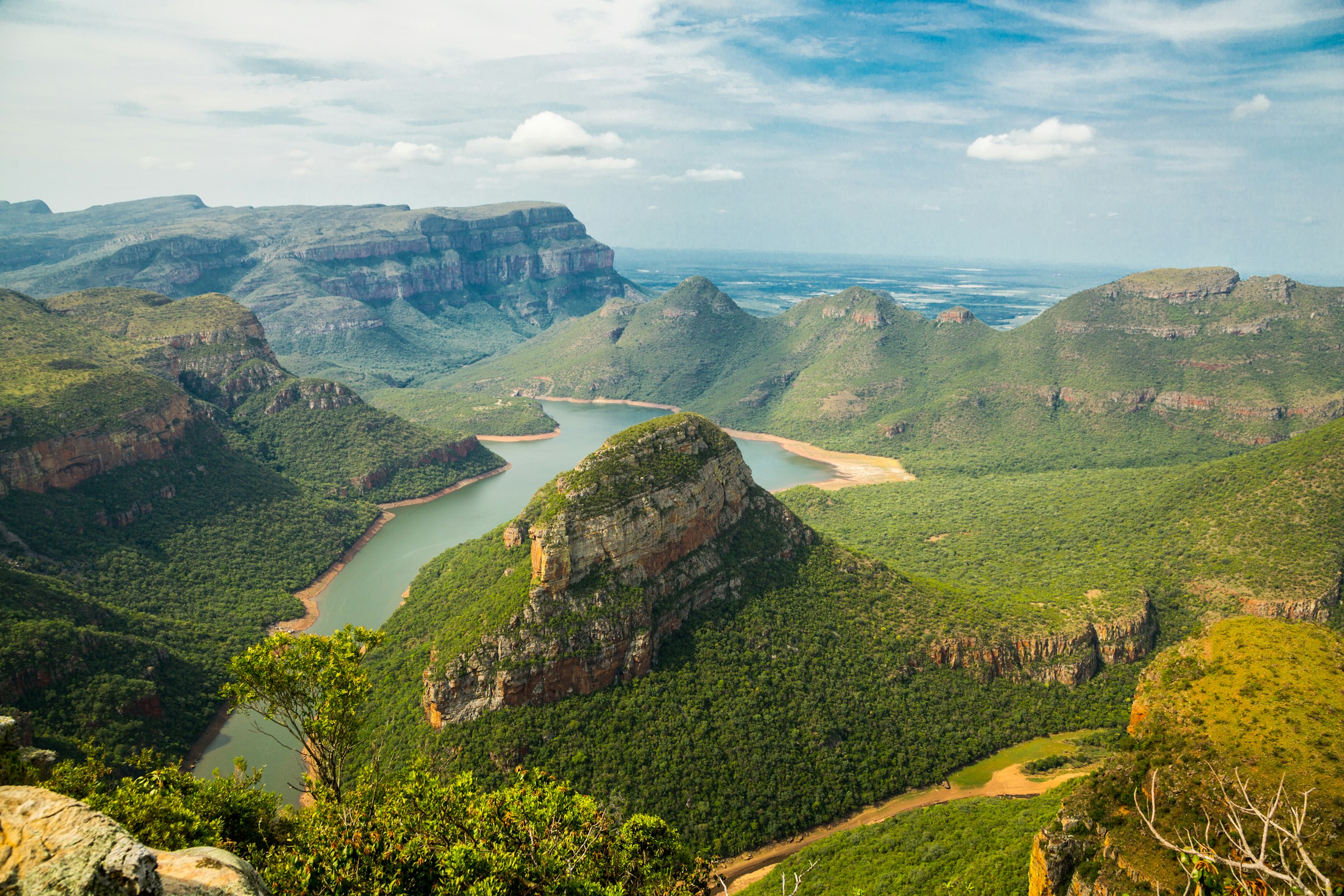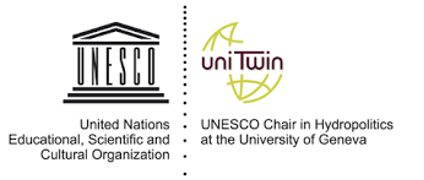UNESCO Chair in Hydropolitics
 Photo: Blyde River Canyon in South Africa (via Unsplash)
Photo: Blyde River Canyon in South Africa (via Unsplash)
In November 2015, the United Nations Educational, Scientific and Cultural Organization (UNESCO) established a Chair in Hydropolitics at the University of Geneva (UNIGE), housed within the Institute for Environmental Sciences (ISE). Prof. Géraldine Pflieger, director of the ISE, and Prof. Christian Bréthaut, scientific director of the Geneva Water Hub, jointly oversee the Chair's activities.
Water research at UNIGE is collaborative, drawing on expertise from multiple centres, including the ISE, the Platform for International Freshwater Law, and the departments of Geography and Environment and of Political Science and International Relations at the Faculty of Social Sciences. The activities of the Chair in Hydropolitics are based on these partnerships and collaborations with other universities, research centres, and international organizations.
The Chair’s primary objectives are to:
- Contribute to a better understanding of water resource policy issues, particularly institutional frameworks, regulatory regimes, political processes and conflict resolution mechanisms, spanning all levels, local, regional or international.
- Strengthen interdisciplinary and international research on water policy issues, bringing together diverse perspectives, methodologies, and empirical cases to illuminate the inherent complexity of hydropolitics.
- Disseminate knowledge resources worldwide via an open platform, including free educational programs.
- Establish international research networks, integrated with other UNESCO Chairs and the UNITWIN network, to build bridges between university research teams in the North and South and encourage North-South and South-South collaborations.
Since its inception, the Chair develops education and knowledge dissemination programs on water governance issues, focusing on power dynamics, stakeholder networks, and conflict resolution. Through these programs, the Chair contributes to scientific research, university teaching, and informing the hydropolitical agenda.
 |
